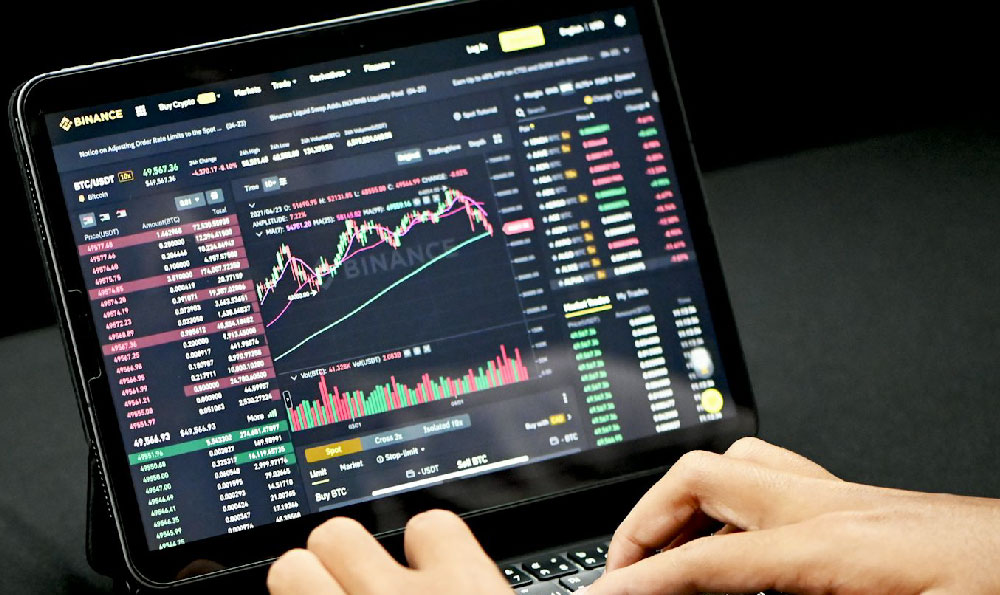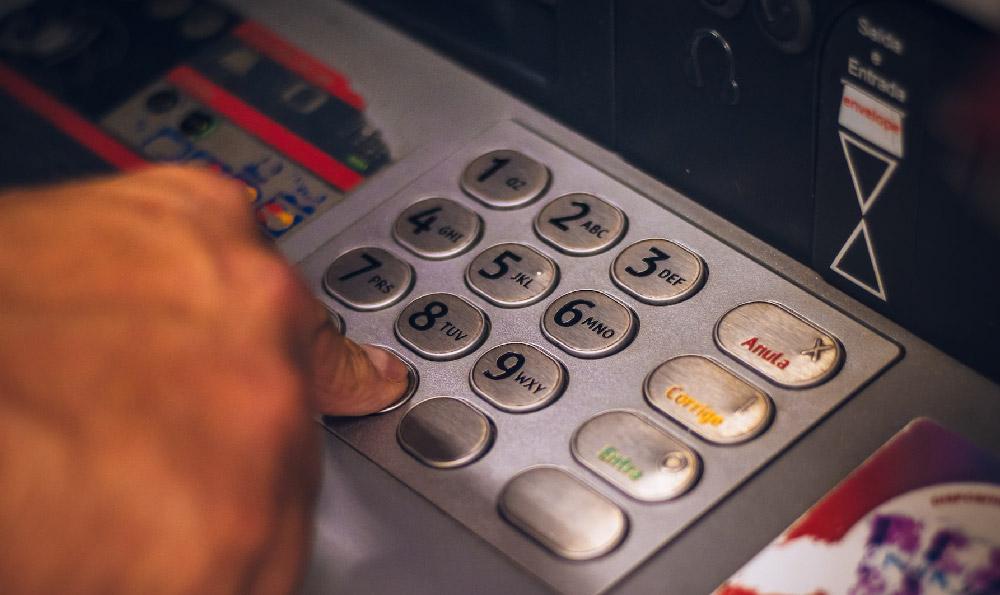The allure of accumulating wealth without the traditional cornerstone of a university degree is a pervasive and increasingly relevant aspiration in today's rapidly evolving economic landscape. The short answer is a resounding yes, it's entirely possible. However, the path requires a strategic blend of self-education, skill acquisition, disciplined risk management, and a keen understanding of emerging markets. The cryptocurrency arena, while inherently volatile, offers a particularly compelling avenue for potential financial gains for those willing to dedicate the time and effort to navigate its complexities.
Forget get-rich-quick schemes; sustainable wealth creation demands a well-defined strategy, and that starts with acknowledging that a degree isn't the only gateway to financial success. The internet has democratized access to knowledge, leveling the playing field for those who are resourceful and motivated. Instead of accruing substantial student debt, focus on acquiring in-demand skills that directly translate into income generation or investment proficiency. Programming, digital marketing, data analysis, and, crucially, cryptocurrency trading and investment are all examples of skills that can be self-taught through online courses, tutorials, and dedicated practice.
Now, let's zero in on the crypto space. Before even considering purchasing a single token, immerse yourself in understanding the underlying technology. Blockchain technology is the foundation upon which cryptocurrencies are built, and grasping its principles is paramount. Learn about different consensus mechanisms (Proof-of-Work, Proof-of-Stake, etc.), smart contracts, decentralized finance (DeFi), and Non-Fungible Tokens (NFTs). Resources like the Bitcoin whitepaper, Ethereum documentation, and reputable crypto news outlets are invaluable starting points. Knowledge mitigates risk. The more you understand, the less likely you are to fall prey to scams or make impulsive, ill-informed decisions.

Once you have a solid theoretical foundation, move on to practical application. Open an account on a reputable cryptocurrency exchange, but begin with paper trading. Many exchanges offer simulated trading environments where you can practice buying and selling cryptocurrencies without risking real capital. This allows you to test different trading strategies, learn how to interpret charts and technical indicators, and familiarize yourself with the platform's interface without the pressure of financial loss. This stage is crucial for developing your risk tolerance and honing your decision-making skills.
Technical analysis (TA) and fundamental analysis (FA) are the two pillars of informed crypto investing. TA involves analyzing price charts and using indicators like moving averages, RSI (Relative Strength Index), MACD (Moving Average Convergence Divergence), and Fibonacci retracements to identify potential entry and exit points. FA, on the other hand, focuses on evaluating the intrinsic value of a cryptocurrency by examining its underlying technology, team, adoption rate, market capitalization, and competitive landscape. A balanced approach, incorporating both TA and FA, is generally the most effective.
Diversification is another critical element of risk management. Never put all your eggs in one basket. Instead of investing heavily in a single cryptocurrency, spread your investments across a portfolio of different coins, projects, and sectors within the crypto ecosystem. This reduces your exposure to the risk of any one particular coin failing or experiencing a significant downturn. Consider allocating a portion of your portfolio to established cryptocurrencies like Bitcoin and Ethereum, while also exploring promising altcoins with strong fundamentals and growth potential.
Staking, lending, and yield farming are additional avenues for generating income within the crypto space. Staking involves holding cryptocurrency in a wallet to support the operations of a blockchain network, in return for which you receive rewards in the form of additional coins. Lending involves lending out your cryptocurrency holdings to borrowers on decentralized lending platforms, earning interest on your loans. Yield farming involves providing liquidity to decentralized exchanges (DEXs) in return for a share of the trading fees. While these activities can be lucrative, they also come with their own set of risks, such as impermanent loss and smart contract vulnerabilities, so it's essential to thoroughly research and understand the risks before participating.
However, the path to crypto riches is not without its perils. Scams, rug pulls, and pump-and-dump schemes are rampant in the crypto world. Be extremely wary of projects that promise unrealistic returns or guarantees of profits. Always do your own research (DYOR) before investing in any cryptocurrency, and never invest more than you can afford to lose. Verify the legitimacy of projects by scrutinizing their whitepapers, teams, and communities. Use two-factor authentication (2FA) on all your exchange accounts and store your cryptocurrency in a secure wallet, preferably a hardware wallet, to protect it from theft.
Moreover, emotional discipline is paramount. The crypto market is highly volatile and prone to sudden price swings. Avoid making impulsive decisions based on fear or greed. Stick to your predetermined investment strategy, and don't let short-term market fluctuations sway you. Long-term investing, rather than day trading, is generally a more prudent approach for those seeking sustainable wealth creation.
Finally, continuously educate yourself. The cryptocurrency landscape is constantly evolving, with new technologies, projects, and regulations emerging all the time. Stay up-to-date on the latest developments by following reputable crypto news sources, attending industry conferences, and engaging with the crypto community. Adapt your investment strategy as needed to remain ahead of the curve.
In conclusion, while a degree can certainly provide a foundation for financial success, it is not the only path. By focusing on self-education, acquiring in-demand skills, and approaching the cryptocurrency market with a strategic and disciplined mindset, it's entirely possible to achieve significant financial gains without a traditional university education. Remember, diligence, research, and a healthy dose of skepticism are your greatest assets in this dynamic and potentially rewarding field. Treat it as a serious endeavor, like any other business, and you dramatically increase your odds of success.











